Discover The Pulse
The Pulse

The Pulse
Author: WHYY
Subscribed: 2,483Played: 52,252Subscribe
Share
© Copyright 2025 WHYY - For Personal Use Only
Description
Go on an adventure into unexpected corners of the health and science world each week with award-winning host Maiken Scott. The Pulse takes you behind the doors of operating rooms, into the lab with some of the world's foremost scientists, and back in time to explore life-changing innovations. The Pulse delivers stories in ways that matter to you, and answers questions you never knew you had.
172 Episodes
Reverse
For a lot of us, noise is a constant factor — an inescapable soundtrack playing on loop in the background. Kids screaming, sirens blaring, the roar of traffic, the sounds of music, lawn mowers, construction, and so much more.We ignore it when we can, or wear headphones to block out the racket. But all that noise can actually damage our hearing and, subsequently, our overall health. On this encore episode, we explore what researchers are learning about the connections between noise, hearing loss, and our well-being. We find out whether constant headphone listening could put our hearing at risk, and why live concerts are so loud, along with how to protect your ears. Also, why stigma remains around hearing aids, even though so many people need them.SHOW NOTES:We talk with exposure scientist Rick Neitzel about the long-neglected topic of noise pollution and its effects on our health. He explains the physiological effects of noise, theories on how it causes harm, and some of the most common sources of damaging sound exposure.Meg Wallhagen — a geriatric nurse practitioner and hearing loss researcher — explains age-related hearing loss, and why there still remains a stigma against hearing aids.
Twenty-five years ago, President Bill Clinton stood before a podium in the East Room of the White House, and, in front of an all-star lineup of researchers and dignitaries, made a historic announcement: After years of painstaking work, scientists had created “the most important, most wondrous map ever produced by humankind” — the first-ever survey of the human genome.In his remarks, Clinton compared the achievement to the maps created by Lewis and Clark’s expedition into the American West — but maybe a comparison to the space race would have been more accurate. Because, behind the scenes, the journey leading up to that day’s announcement had been defined by nerve-wracking, cut-throat competition — a competition where every minute counted, and the future of scientific inquiry was at stake.On this encore episode, we look back at how what started as a scientific collaboration fractured into a bitter race to finish decoding the human genome. On one side was the federally funded Human Genome Project; on the other, a private start-up called Celera; and, in between, a raucous mashup of conflicting personalities, values, and ideas that would eventually help to transform science and medicine.
As patients, we often wonder what our role should be when it comes to getting better. Should we research options, get second opinions, and ask lots of questions? Or should we sit back, and let the health care professionals take charge? When does it make sense to push, and when is it best to do less?On this episode, we examine our role as patients, the choices we make, and charting our path toward better health. A reporter gets a wake-up call while looking into diabetes rates among Latinos in Oklahoma, we hear about one woman’s choice to forgo cancer treatment — and how her family and doctors responded, and we explore a controversial proposed diagnosis for severe, long-term anorexia. SHOW NOTES:
First Juliet Wayne's brother died from cancer — then her long-term partner broke up with her. That was followed by a deep depression; and then, the nightmares started. We talk with Wayne about how these nightmares affected her life, why doctors said she couldn't take a drug designed to stop them, and how a chance encounter finally led her to relief.
Historian Joy Lisi Rankin talks about her mother’s choice not to pursue treatment for breast cancer — and how Rankin’s own experience years later with breast cancer treatment changed how she felt about her mother’s choices. You can read Rankin’s essay about her mother at Stat News.
Anorexia has one of, if not the, highest mortality rates of any mental illness, with a relatively low recovery rate. Patients and their families suffer deeply from this illness, which can last for decades. In 2022, a paper proposed a new and controversial diagnosis: terminal anorexia. Reporter Elizabeth Zwerling tells the story of how this diagnosis came to be proposed, and the difficult conversations it kicked off in the world of eating disorder treatment.
In 1973, Stanford psychologist David Rosenhan published a bombshell paper called “On Being Sane in Insane Places.” In the paper, Rosenhan described faking symptoms to be admitted to a psychiatric hospital, and recruiting several other pseudo patients to do the same. Could staff tell they were faking? What was it like to be a patient in an institution? The “Rosenhan experiment,” as it came to be known, created a major stir, sparking public debates over the validity of psychiatric diagnoses and contributing to a shift away from institutionalization. Decades later, when journalist Susannah Cahalan began looking into the experiment, she made a startling discovery about Rosenhan’s famous research; he had made up most of it.On this episode, we explore what happens when long-held narratives are upended. For the first time, we hear the voices of the pseudo patients who participated in the famous study, and find out why Cahalan was so passionate about finding them. We’ll also hear a story about one woman’s decades-long search to investigate the Oklahoma City bombing that killed her two grandsons.SHOW NOTES:
The reason Susannah Cahalan was so interested in the Rosenhan experiment was personal — she had her own brush with the mental health system. Check out this week’s edition of KQED's Snap Judgment, where she tells that story. It starts with Cahalan waking up in a hospital room, and having no idea why she’s there.
Kathy Sanders’ grandsons, Chase, 3, and Colton, 2, were killed in the Oklahoma City bombing on April 19, 1995. Sanders felt numb with grief and sadness — but soon, another emotion crept in: doubt. She felt that the federal investigation was dropping leads, and not pursuing important clues. Reporter Grant Hill talks with Sanders about what she found in her own investigation, and why, 30 years later, she’s still looking for the truth.
Over the course of 20 years, writer Neil Shea explored the awe-inspiring landscape of the Arctic. He saw narwhals poking their tusks above the water, herds of caribou moving across the tundra, and majestic white wolves raising their young. He documents this fragile beauty in his new book, “Frostlines.” We talk to Shea about his adventures, and how climate change is transforming the region.
So often, our relationships take a backseat to everything else on our to-do lists — but new research shows that nurturing personal connections plays a central role in our health and well-being. On this episode, we explore the science of connection, from why it’s important, to how we can make it a priority in our lives.
Ahead of Thanksgiving, we do a deep dive into what we actually know about diet, and what we should and shouldn’t be eating. We talk with a nutrition and metabolism scientist about recent diet trends and how they affect our health, hear from several chefs about how they balance nutrition and taste, and find out how the avian flu outbreak could be affecting this year’s turkeys.
How do our dreams connect to health, and how could “dream engineering” help people get over nightmares? Researcher Michelle Carr writes about that in her new book “Nightmare Obscura: A Dream Engineer's Guide Through the Sleeping Mind.” We talk with Carr about why we dream, the benefits of lucid dreaming, and what she’s learning about our ability to “engineer” our dreams.
Chatbots don’t have feelings of their own, but they’ve been stirring plenty of emotions in us humans. On this episode, we explore how AI is making us feel, and what those feelings say about us. We hear about using ChatGPT for DIY therapy, what kinds of personalities we prefer in our chatbots, and how both the market and online culture is responding to the spike in AI-generated content.
On this Veterans Day episode, we explore the invisible wounds of war — and the different paths veterans take to heal them. We talk with a Marine Corps vet about how ceramics helped him reconnect with civilian life, a retired Navy SEAL about his experience with psychedelic-assisted therapy, and a Vietnam vet who, decades after the war, found peace in an unexpected place.
Cybercrime has been around for as long as computers have — but over the past 20 years, it's exploded into a global threat, with staggering financial, political, and even personal consequences. On this encore episode, we hear about the virus that ushered in the age of social engineering attacks, the history of cybercrime, and what led one man to become a hacker.
Coca-Cola is launching a cane sugar version of its classic soda in the U.S. after President Donald Trump urged a switch from high fructose corn syrup. The effort supports the administration's “Make America Healthy Again” initiative — but many experts argue that it won’t make a difference. On this episode, journalist Murray Carpenter discusses his new book, Sweet and Deadly: How Coca-Cola Spreads Disinformation and Makes Us Sick.
Ghosts seem far out of the realm of science. But small groups of investigators remain committed to proving — or disproving — the existence of paranormal phenomena. On this episode, we find out what motivates these investigators, and we’ll hear about a lab on the UCLA campus that studied paranormal activities.
If it feels like urgent care centers are everywhere these days — that’s because they are. Over the past decade, they’ve exploded in popularity, offering a quick and convenient alternative to long waits at the ER, and even longer waits to see your primary care provider. On this episode, we explore the rise of urgent care, from the role of private equity to its impact on patient care.
What if treatments or even cures for devastating rare diseases already existed — and were just waiting to be discovered? On this podcast extra, we dive into the extraordinary journey of physician and researcher David Fajgenbaum, cofounder of Every Cure. After facing death five times due to a rare illness called Castleman Disease, Fajgenbaum not only discovered his own treatment, but also launched an ambitious project using AI to unlock existing drugs for countless other conditions. He has a new TED Talk and was recently featured in Time Magazine’s list of “The World’s Most Influential Rising Stars.” Fajgenbaum’s life is also the subject of an upcoming movie based on his memoir “Chasing My Cure.” Listen to his incredible story of resilience, the profound lessons he’s learned from living in "overtime," and how his work is already saving lives by repurposing treatments hiding in plain sight.
We often think of digital distractions, from TikTok to newsfeeds, as a way of giving our brains a break. But in reality, they could be doing the opposite. We talk with psychologist Marc Berman about a better way of restoring our focus — spending time in nature. We also try a dopamine fast, to see if it can really improve our attention spans.
Many adventurers and researchers feel the call of the wild — a force tugging them to explore, climb distant mountains, venture into faraway forests, and discover or rediscover something: a creature, a place, some new clue. On this episode: Adventures in the Wild, featuring the mythical golden toad, raging elephants, and poisonous snakes.
In its heyday, “The Biggest Loser” was one of the biggest shows on TV. But now, nine years after it went off the air, a Netflix docuseries and new book by leading obesity researcher Kevin Hall, are prompting a re-examination of the show’s tactics, and some of the surprising discoveries it led to surrounding metabolism and weight loss.
Different Patients, Different Outcomes
Most of us take our muscles for granted, but they play a bigger role in our physical and mental health than most people realize. On this encore episode, we explore their cultural and scientific significance. We hear about the history of weight-lifting, along with how it went from niche hobby to medical treatment, and learn about the intricate biology and beauty of our muscles.



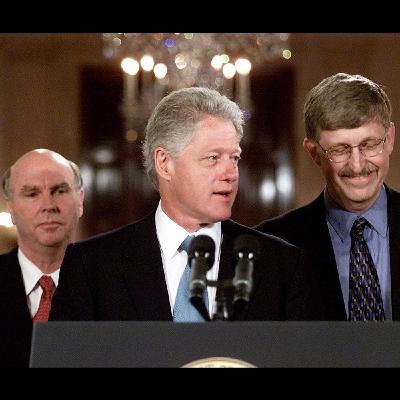


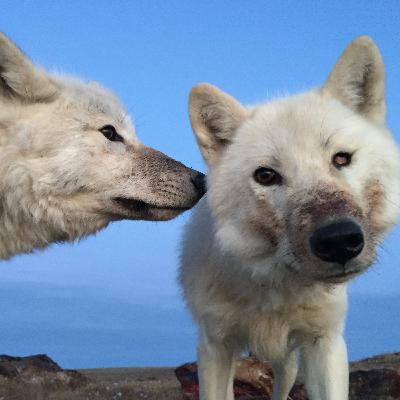


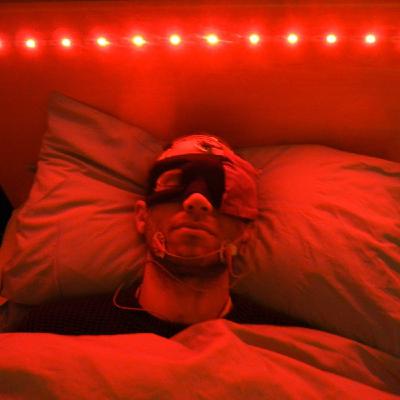
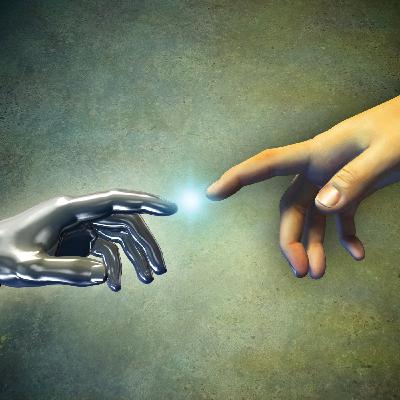


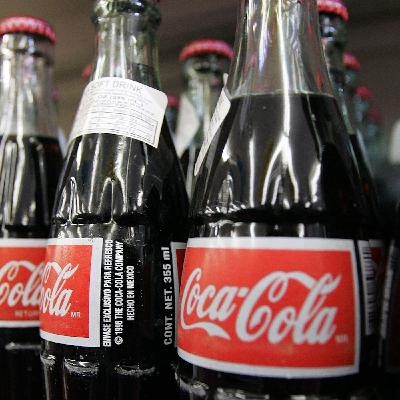


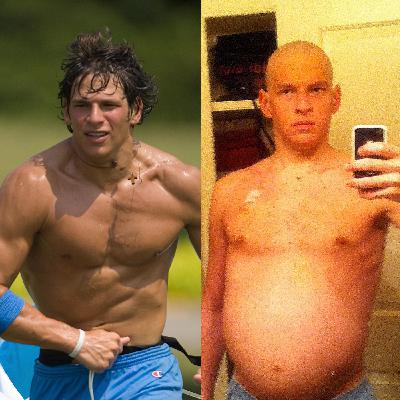
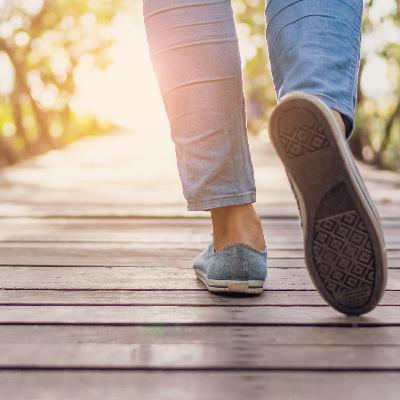
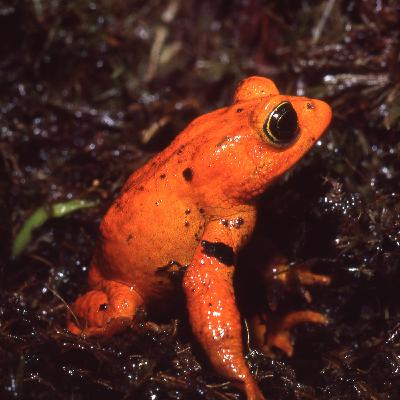
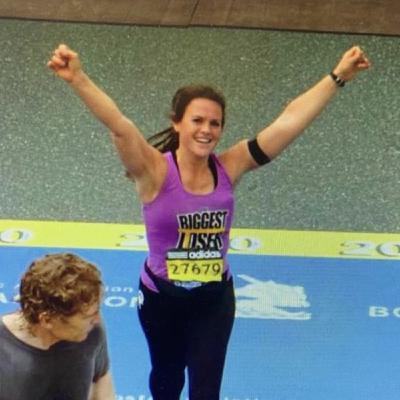
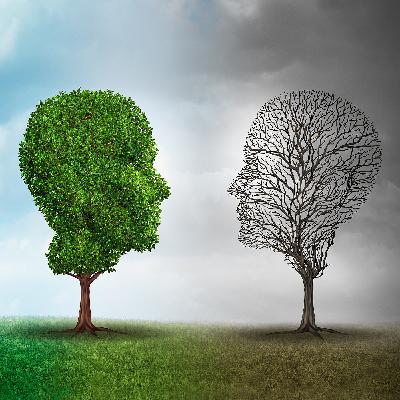
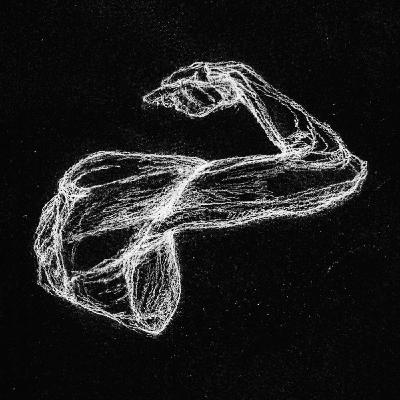



Fear?????? I'm not afraid. I'm disappointed we have allowed so many jobs to be displaced. i'm occupational therapy , and I don't think there's gonna be an a I that's gonna teach somebody to stand up , pull their pants down and sit on a bedside commode. i'm outraged for other people that have this thrust upon them.
I found this podcast really fascinating, especially the way it compares algorithmic profiling to the observation of a nosy neighbor. It’s crazy how much personal information can be inferred from small, seemingly insignificant data points. I’ve also been looking into how companies gather this kind of data, and it reminded me of a service I recently discovered. It’s a simple way to register your TNT SIM in just three steps: enter your number to get an OTP, upload some required documents, and submit the form. You can check it out at https://tntsimregistration.ph It's kind of a reminder that the data we give out can be used to make things easier, but also more personalized.
filled with awe when a loved one dies? what a compete fucking moron. I have never left a review like this, but this dude is the most horrific selfish pos I am APPLALLED he was given a platform to speak. unsubscribing from this trash
I am actually motivated to remove ultra processed snacks after this episode. it is my new year's resolution. I will still be eating some ultra processed meals, but it is a good first step.
why didn't someone check it out by examining those claiming EHS in a lab that could produce high MF Radiation as well as Zero MF and test whether claimants can tell the condition correctly or not. statistics of such research could have revealed the truth.